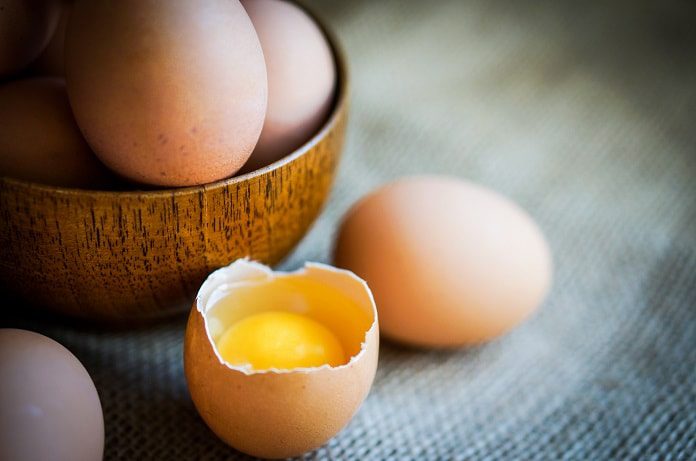Like the age-old question, whether the chicken or the egg came first, researchers and doctors are considering which is in fact the cause and which is the consequence when it comes to gout, hyperuricemia and chronic kidney disease (CKD).
Particularly in men, gout is one of the most common and most painful forms of arthritis. Gout occurs when there is an accumulation of uric acid (a waste product) that leads to the formation of crystals, which are typically deposited in the kidneys (leading to kidney stones and potentially kidney disease) or in joints (causing inflammatory arthritis).
Whilst hyperuricemia also occurs due to excess uric acid in the blood, it is a condition that will not cause problems unless there is an excess for a prolonged period, which commonly results in gout. Hyperuricemia occurs when the serum urate level is greater than 6.8 mg/dL.
Given the kidneys excrete approximately 70% of the daily urate produced, decreased kidney function is associated with hyperuricemia. Although, numerous epidemiologic studies and clinical trials have suggested the reverse, that hyperuricemia may be a consequence of the development and progression of CKD. Nonetheless, the prevalence and interplay between gout, hyperuricemia and CKD has led to an increase in research studying their association, as physicians face the challenge of managing gout in patients with CKD.
A case review recently published in the American Journal of Kidney Disease by Vargas-Santos and Neogi looked closely at the treatment of a patient presenting with chronic gout and CKD. After multiple visits to the emergency department due to gout-related pain in the space of a year, the challenging management of these gout flares in the presence of kidney disease became evident.
Initially, the goal was to treat the patient’s immediate gout flare, but physicians had to consider that the patient not only had CKD, but also a high serum urate level of 7.9 mg/dL, hypertension, dyslipidaemia and congestive heart failure, complicating the course of treatment. In a bid to bring the current gout flare under control, the patient received high doses of colchicine.
The challenges surrounding the long-term management of gout flares with therapeutics currently available is the potential nephrotoxicity (drug or toxin causes damages to the kidney) and/or issues which may arise due to the presence of other common comorbid conditions.
Therefore, along with first-line drugs such as colchicine for prophylaxis (measures taken to prevent a disease) of gout flares, it has been proposed that therapy to lower urate levels may help manage the reoccurrence of gout in patients with CKD. Initially doses of urate lowering drugs would be lower for patients with CKD, but over time, increasing the dose in increments guided by monitoring serum urate levels could lead to the goal of decreasing serum urate levels to less than 6 mg/dL.
The patient reviewed in this case study received allopurinol, the most widely used urate lowering drug, along with alterations made to his lifestyle and diet aimed at minimizing gout flares. Regular monitoring of his serum urate levels showed that he had decreased his serum urate level to 5.6 mg/dL and maintained this level for 6 months, after which he no longer required colchicine. After a year of receiving urate lowering therapy, the patient did not experience any further gout flares.
While guidelines for gout management include the use of urate lowering therapy, to date there is limited evidence to support the management of asymptomatic hyperuricemia. However, emerging data suggests that urate lowering therapy has potential protective effects on the kidneys.
Therefore, it is important future clinical trials are conducted to provide definitive evidence and direction regarding the potential positive effects lowering serum urate levels for gout management in patients with CKD. Also, given the clear links between these conditions, investigation into the effects of urate lowering therapy in CKD, beyond the context of gout, may also be valuable.
Written By: Lacey Hizartzidis, PhD
Add to Flipboard Magazine.



